Filipinos were known for their limitless ingenuity and creativity, but what happened?
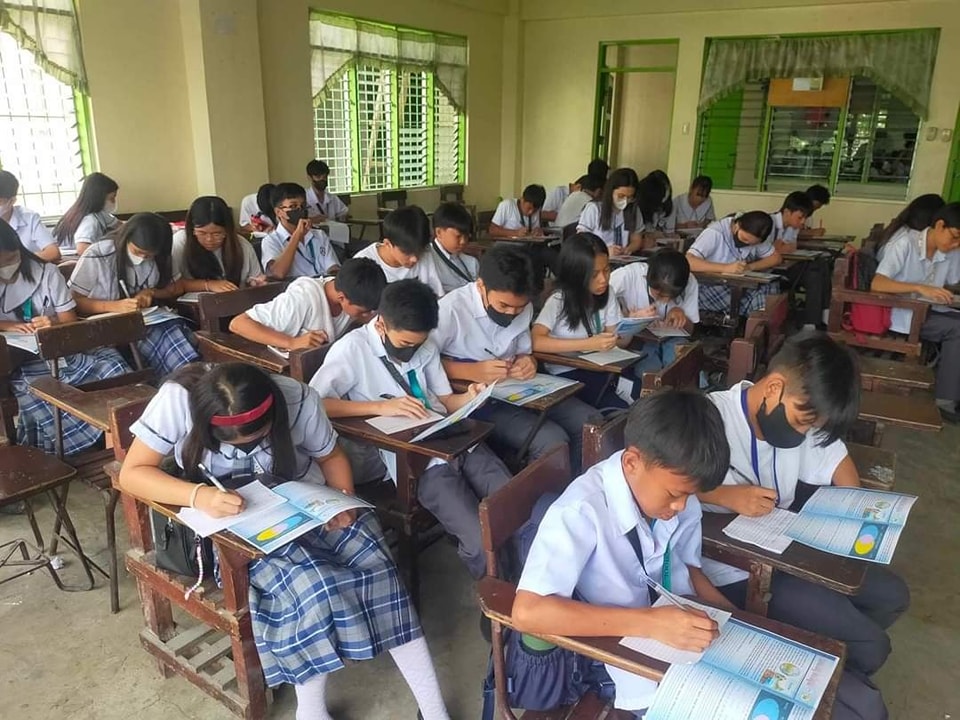
We Are at the Bottom!
In the recent Program for International Student Assessment (PISA) for creative thinking, the Philippines was revealed to be in the top 63 out of 64 participating teams. Technically, the country is one of the bottom 4 in the rankings.
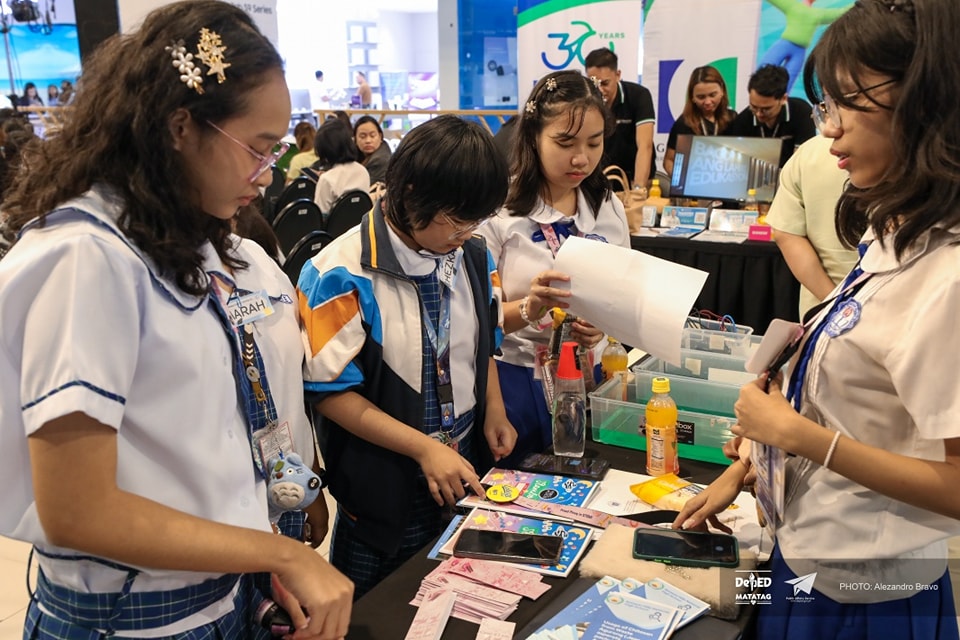
The assessment revealed that the country only gained a mean score of 14 for the tests, a far cry from the average global score standard of 33 set by the Organization for Economic Cooperation and Development. PISA also stated that the Philippines is amongst the countries with the lowest performance in creative thinking. Further, PISA disclosed, “the observed creative thinking performance in the Philippines is lower than the expected performance, after accounting for performance in reading.” This is a pressing issue that demands immediate attention and action especially as compared to Singapore who landed amongst the top 5 countries with students who are the most creative thinkers, gaining the top spot.
The Crooked System
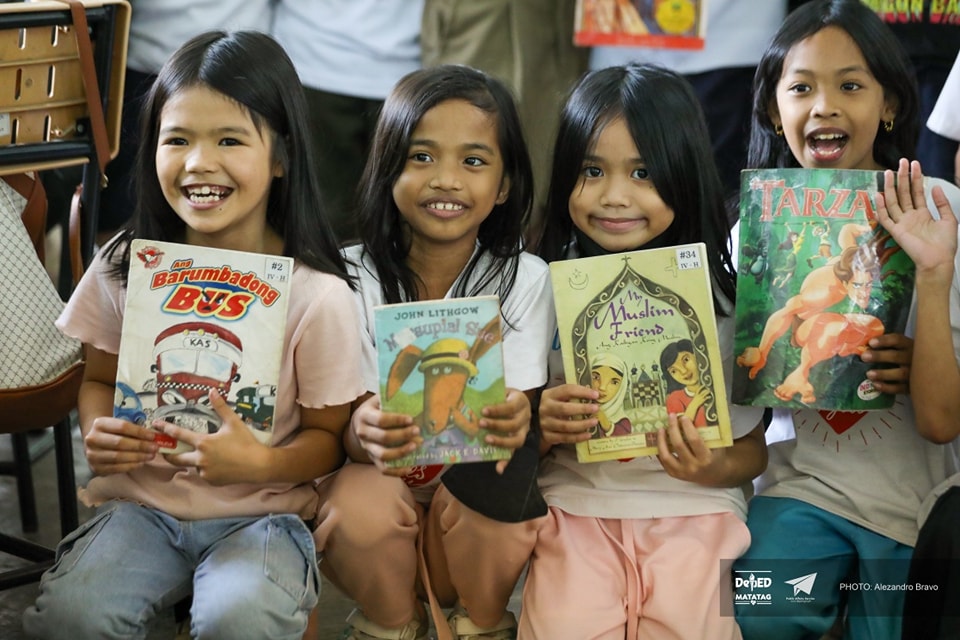
The slow death of Filipino creativity can be traced back to the period of foreign colonization in the Philippines. The Philippine educational curriculum back then was solely controlled by the Catholic-centered Spanish regime in the 16th to 19th century and the capitalist American colonial rule in the 20th century. Understanding this historical context is crucial to comprehending the current state of our education system.
The colonial influence on the Philippine educational system has negatively impacted our educational system today. Recent reports have revealed that many factors contribute to the subpar results of Filipino students in the current generation.
However, the factors that have stood out the most are the country’s crooked system of education, which has caused inadequate funding for our education ministry. This has led to a lack of educational infrastructure to cater to Filipino learners and a lack of teachers who have undergone adequate training to teach students properly.
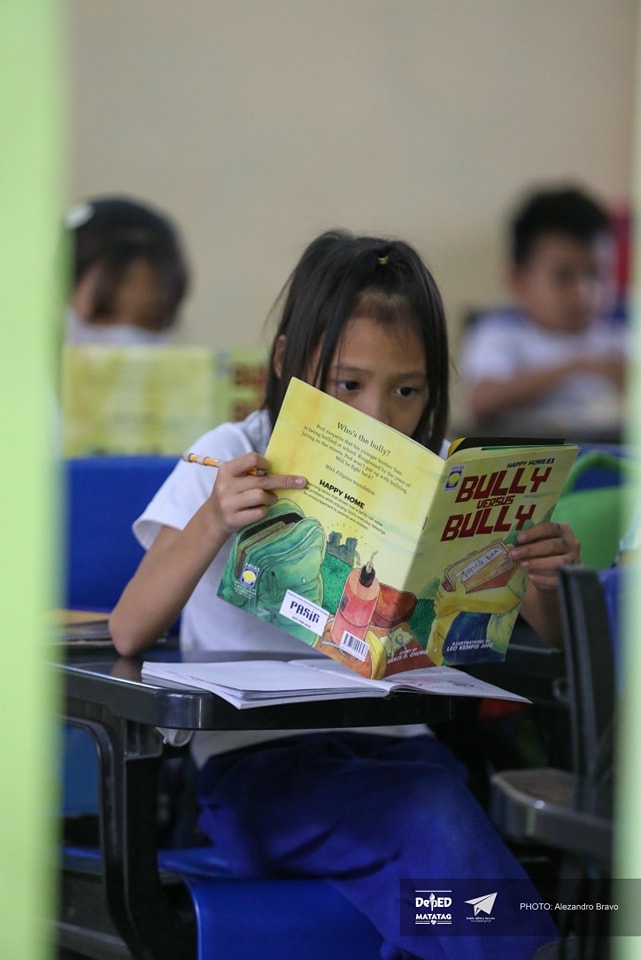
— Ultimately, the crooked system of the country’s education is slowly sniffing out the natural ingenuity and creativity of Filipinos. The system is prompting students to abandon their love for learning and exploring new things to aim for higher grades. However, mistakes are what makes us human. Hence, this mistake can become our country’s stepping stone to aim for higher achievements on the global stage. With the right reforms and a collective effort, we can restore the creative spirit of our students and reclaim our position as a nation of innovators.


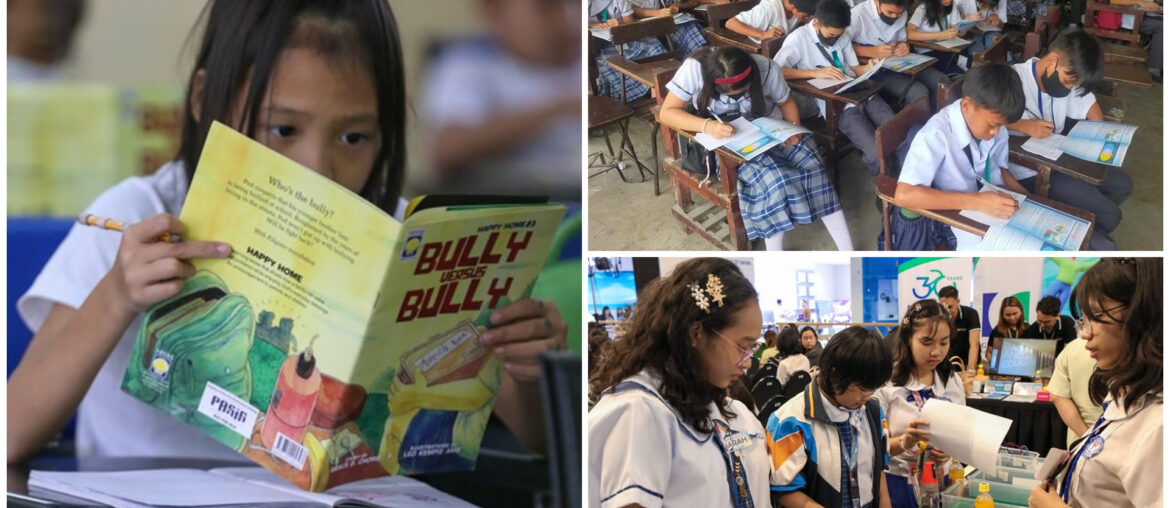
Comments are closed.